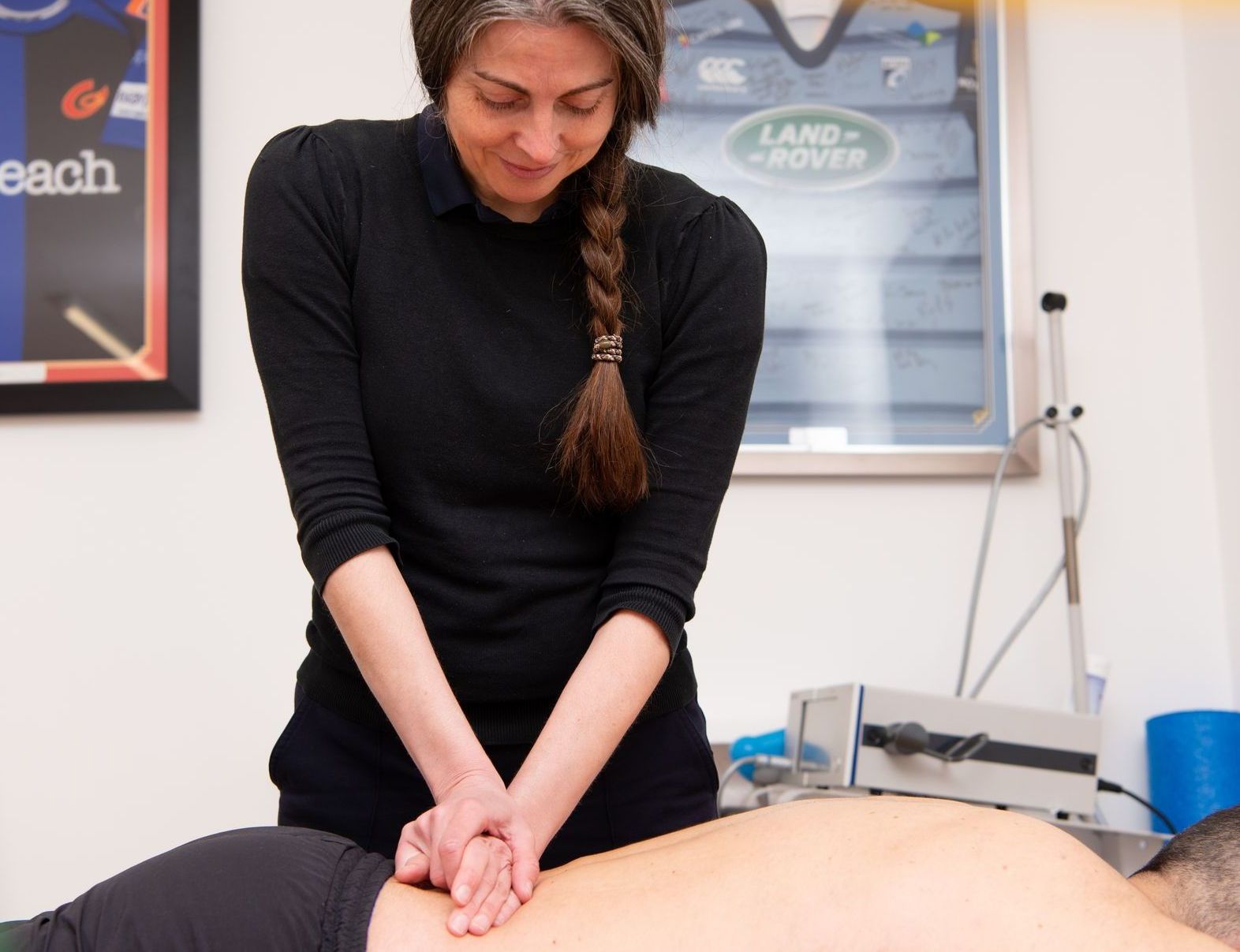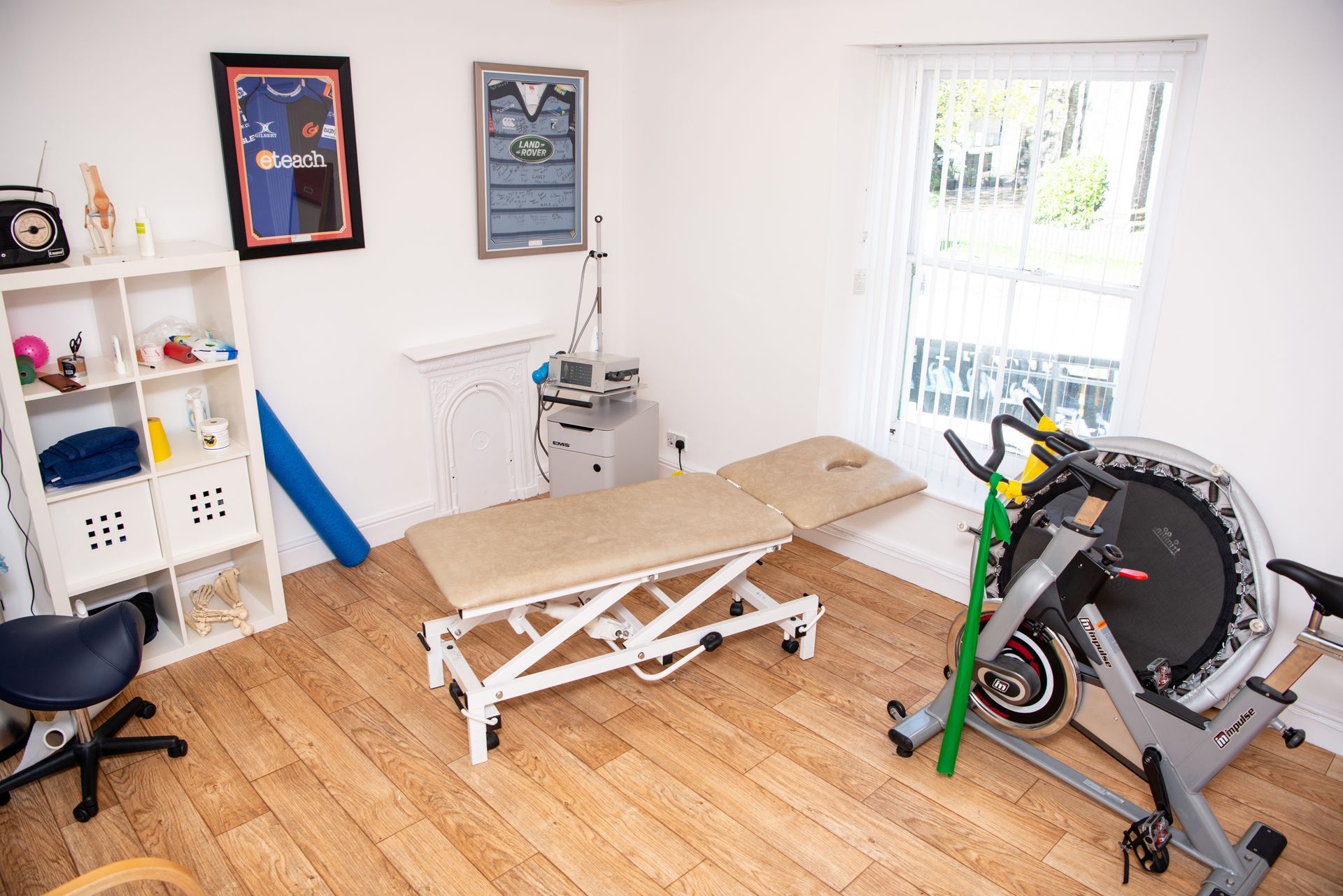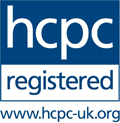INJURY ASSESSMENT
AND TREATMENT

THE PERFORMANCE PHYSIOTHERAPY APPROACH
At Performance Physiotherapy, our mission is to empower individuals to achieve their optimal physical performance and live their lives to the fullest. We are dedicated to providing exceptional physiotherapy services that reduce pain, restore function, and enhance overall well-being...
YOUR FIRST SESSION
Our Physiotherapists will ask you detailed questions about your problem, to find out how it started and how it is affecting your everyday life. This helps to plan a tailor made assessment comprised of movement analysis, manual assessment and other techniques to design a treatment plan.
Each treatment plan is unique to each individual, treating the cause of the problem, not just relieving the symptoms. It’s a good idea to bring some shorts and comfortable clothing so you can move in the easiest way possible while respecting your dignity.
Your Physiotherapist will explain the problem and what course of treatment is best suited to help you. This treatment may be in the form of exercise, rehabilitation, acupuncture, manual therapy (e.g. mobilisations to joints, trigger point release, manipulation) and many more methods of treatment

-
WHAT CAN PHYSIOTHERAPY HELP WITH?
- Sports injuries
- Back and neck pain
- Rehabilitation following surgery or fractures
- Ligament and muscle tears or strains
- Tendon problems
- Arthritis and other joint conditions
- Work related pain
- Pre- and post-natal care / pelvic organ related pain or problems
- Running injuries
- Cycling injuries
-
WHAT FORMS OF TREATMENT CAN BE OFFERRED?
- Manual therapy: including joint mobilisations, manipulations and soft tissue techniques such as massage.
- Exercise rehabilitation: to strengthen, mobilise, and stretch specific areas or the body.
- Movement analysis and correction: to improve alignment, movement patterns, reduce the load on sensitive tissues, and improve performance.
- Shockwave therapy: to assist in the rehabilitation of tendon problems.
- Acupuncture/needling: can be helpful in relieving pain and relaxing muscles.
- Education and advice: one of the most important and effective aspects of rehabilitation is to understand more about the problem and the best ways to facilitate and take part in your own recovery. You will be given a clear explanation of the diagnosis and any other underlying causes, and we will discuss what is required to address these issues and reach your goals.

GET IN CONTACT
To contact Performance Physiotherapy in Pontypridd please fill in the contact form below and a member of our team will get back to you as soon as possible. Alternatively, you can book online here.
Website Enquiry
We will get back to you as soon as possible.
Please try again later.
Performance Physiotherapy



